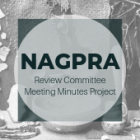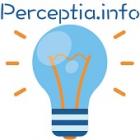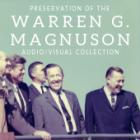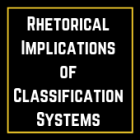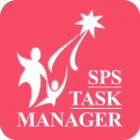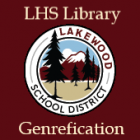
Lakewood High School Library Genrefication Project
Lakewood High School students reported browsing for fiction books in the library, as well as searching for fiction books in the library’s online catalog, to be cumbersome. Library staff planned to genrefy the fiction collection to address this issue. However, their full workloads left them unable to start on the project. Our team, then, carried out this genrefication. We assigned genre classifications and added genre labels to the roughly 3,000 books in the fiction collection. We also updated those books’ catalog records to reflect proper subject headings and keywords. Now, users can more efficiently browse and search this collection.

